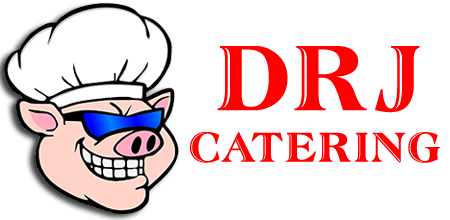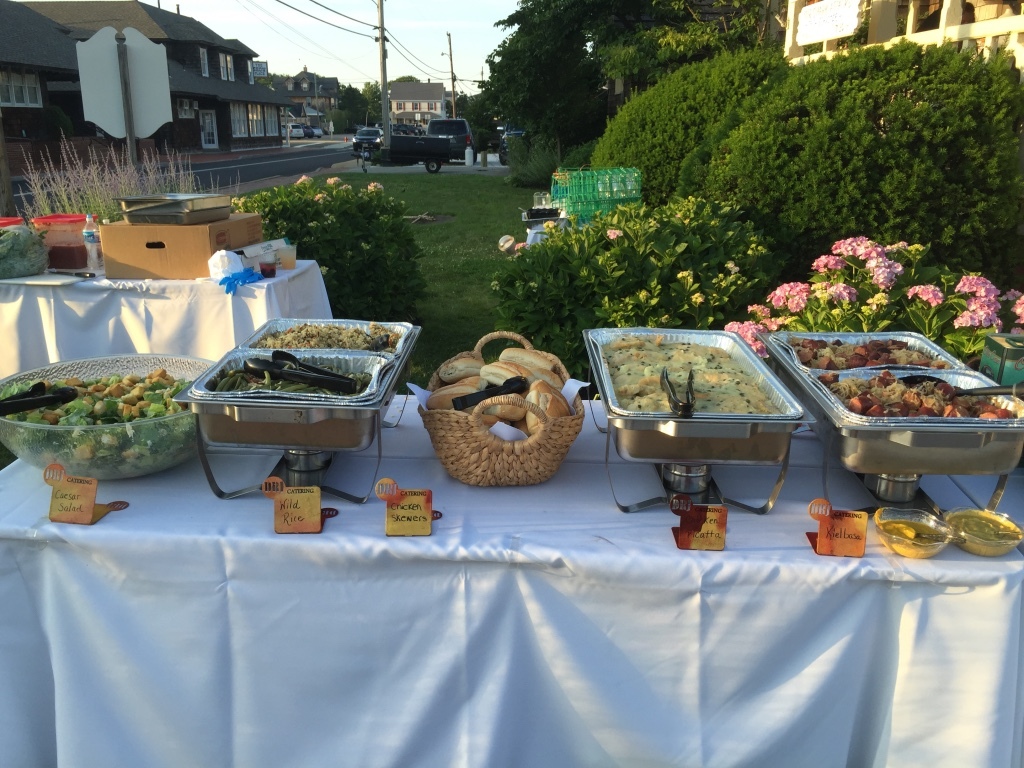 Whether it’s a wedding, graduation or corporate event, choosing a menu can be both fun and stressful. But with the number of different dietary restrictions and food preferences that people have — plus all of the other pressures of organizing a catered even — it can be difficult to choose a menu that will hit all the right notes with your guests, and make the event a runaway success.
Whether it’s a wedding, graduation or corporate event, choosing a menu can be both fun and stressful. But with the number of different dietary restrictions and food preferences that people have — plus all of the other pressures of organizing a catered even — it can be difficult to choose a menu that will hit all the right notes with your guests, and make the event a runaway success.
But since it’s impossible to cover all of these details in one blog post, let’s focus on choosing the right menu. Here are 5 things you should know.
1. Dietary preferences of guests
Choosing the foods that sound perfect for your palette is a tempting prospect — but when it comes to designing a menu for your catered event, it’s best to step back and take a “big picture” approach. Chances are, some of your guests will have dietary restrictions and preferences. If you have specific information, that’s even better. Otherwise you’ll have to do some educating guessing. The two most common food groups that guests are likely to restrict are meat and carbohydrates. Assume that you have at least some vegetarian or gluten-intolerant options at your event, there’s a great chance everyone will find something enjoyable and suitable to their diet.
2. Seasonal considerations
When planning a menu for your catered event, pay attention to the season, especially if the event is outdoors. For example, heavy or cream-based sauces and hot soups are best saved for cooler weather. In warmer months, refreshing salads and ice cold drinks are a great compliment to your selection of mains. An added perk to thinking seasonally is that seasonal produce tastes better, meaning that the quality of ingredients in the dishes you choose will really shine.
3. The nature and formality of the event
Obviously, the menu should closely match the nature and formality of the event. Serving wings at a black tie gala makes as little sense as serving caviar at a tailgate party. Most caterers will offer some combination of plated dinners, buffet style, or passed appetizers. Which of these you choose will be influenced by the formality of the occasion, the number of people, and the type of venue. Will there be adequate seating for all attendees? If not, consider foods that are easier to eat one-handed or standing up, such as skewers or savory pastries.
4. Age gaps
Different age groups often have distinct ideas of what makes a good meal. If there will be families with kids at the event, it’s really important to have some kid friendly options available. Older guests are likely to appreciate classic and easily recognizable options, whereas younger adults might be more adventurous and appreciate some creativity in the menu. Taking all of these factors into account is an art form, and a reputable caterer should be able to help you find the best solutions.
5. Timing
What time will guests be eating, and how long will the event last? There are certain buffet options that look and taste great even hours after they are put out, and others that need to be eaten almost immediately. If your event is scheduled to last several hours with people dining at their own pace, ask your caterer for recommendations of dishes that are delicious and fresh even when not consumed as soon as they are served. Experienced caterers know the lay of the land and will give you the right answers.
A better way to organize a catered event
An experienced and reputable caterer is the one thing you really want on your side as you organize the event. Designing a menu will be a more productive and comprehensive process — and most importantly, the event itself will be serviced with the highest level of professionalism. Your guests will appreciate it as much as you do!

